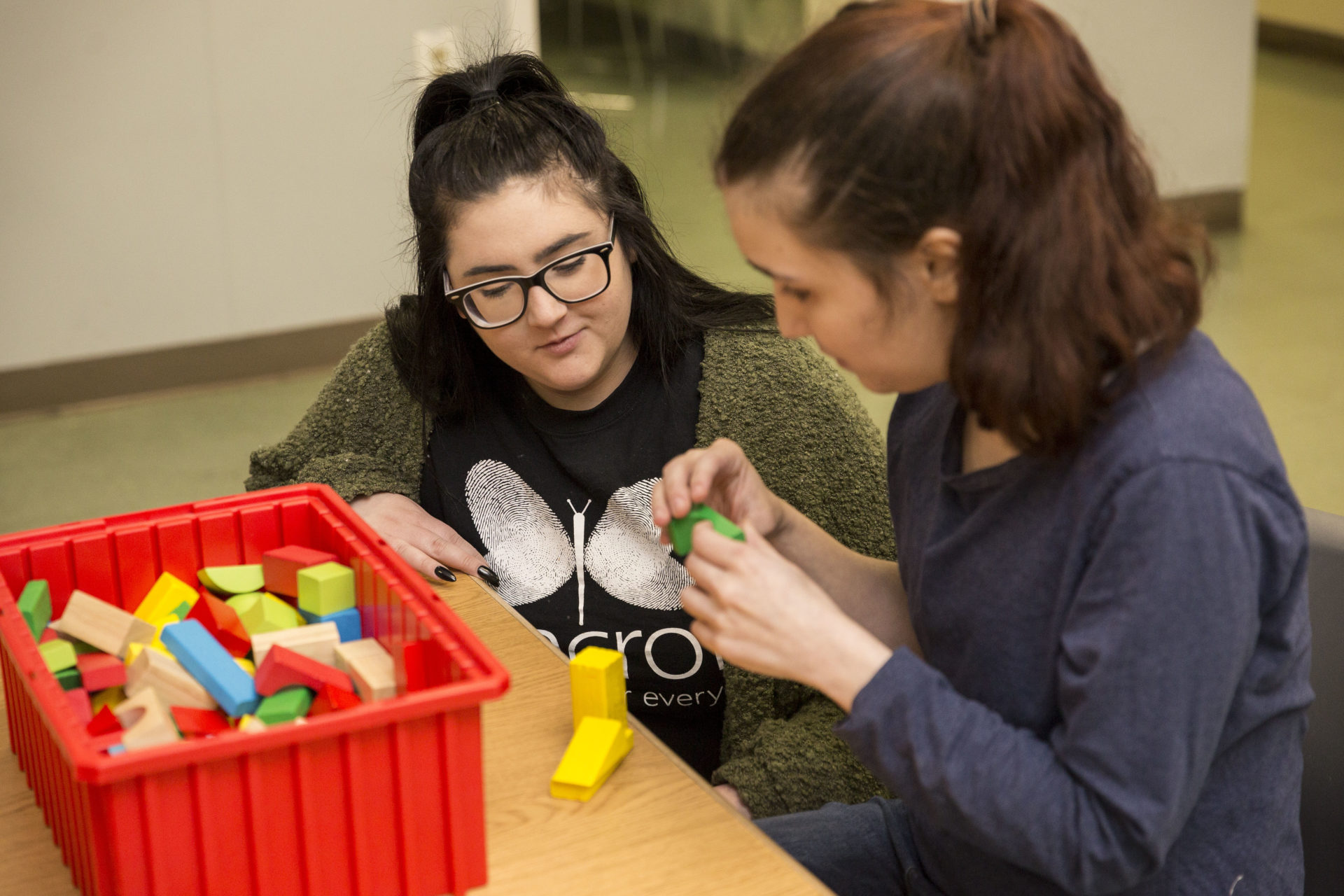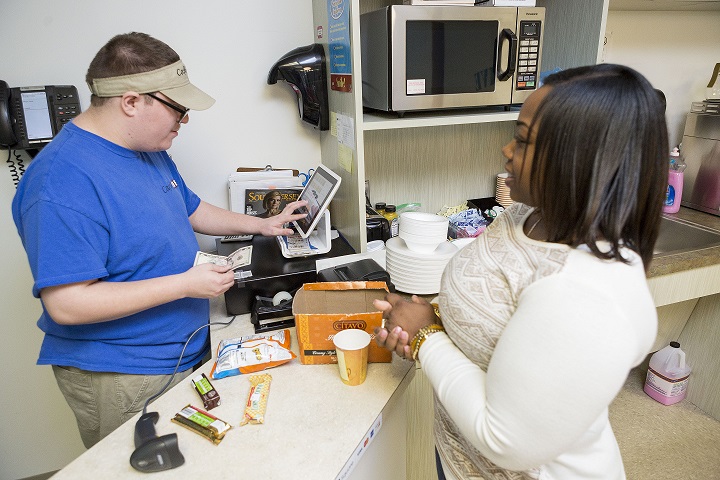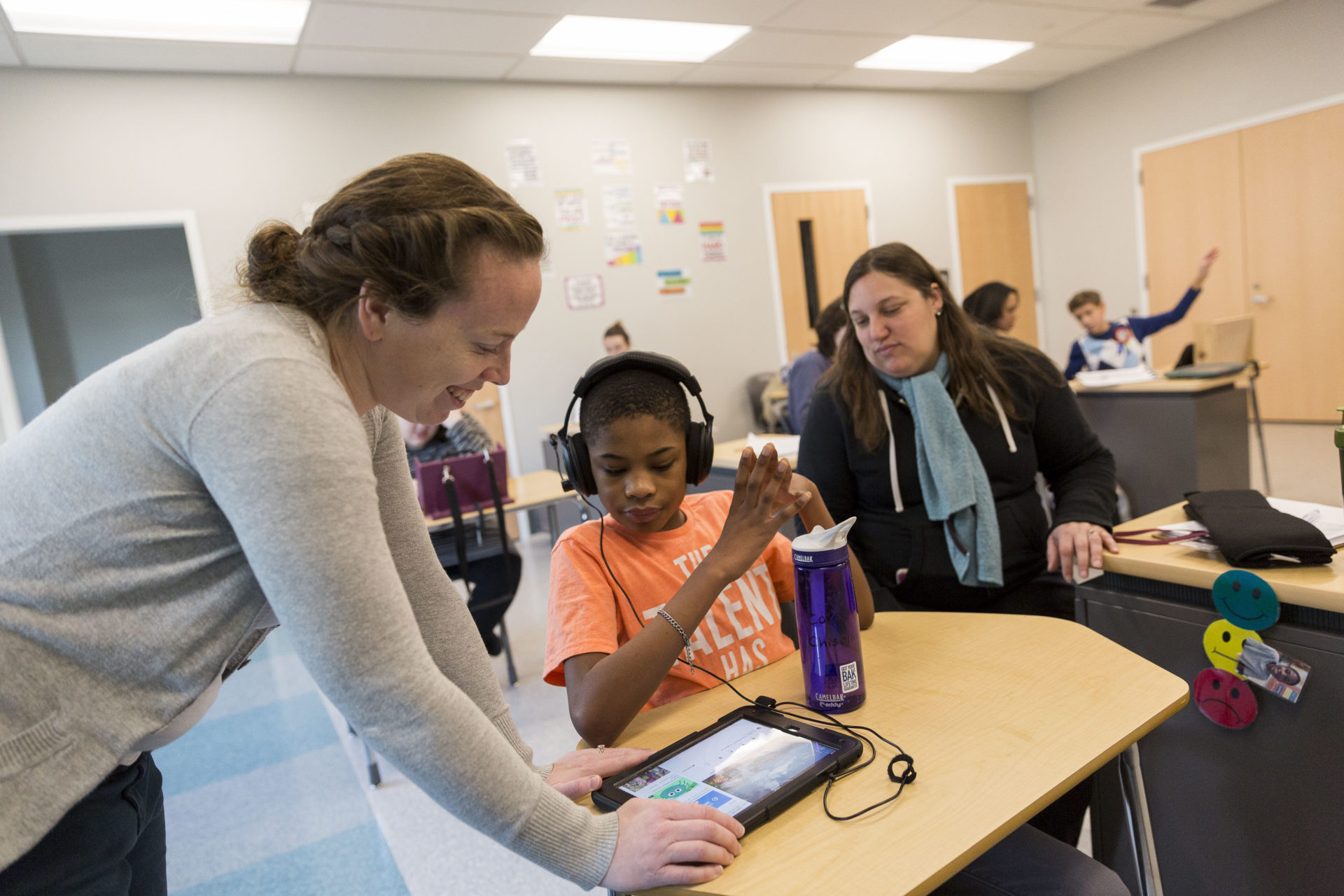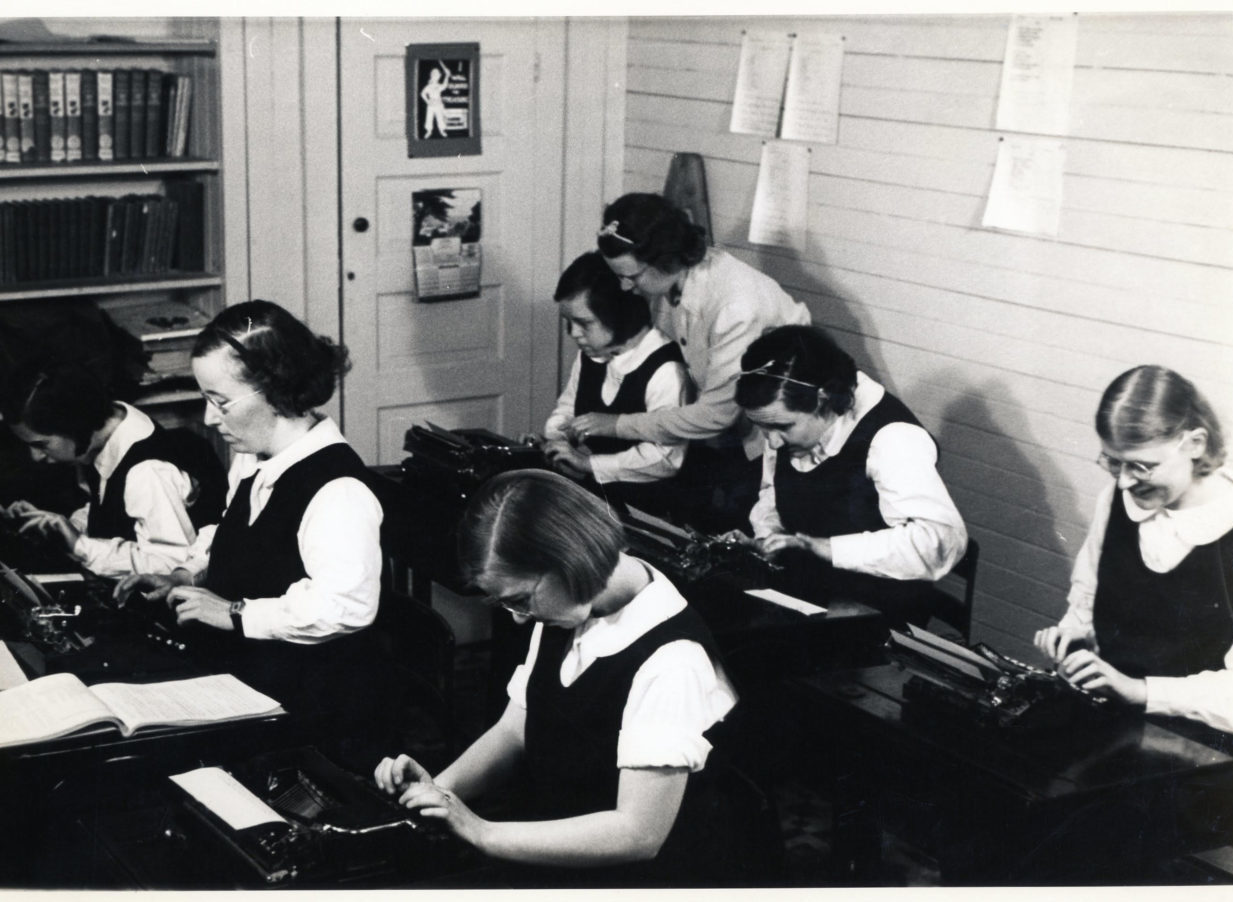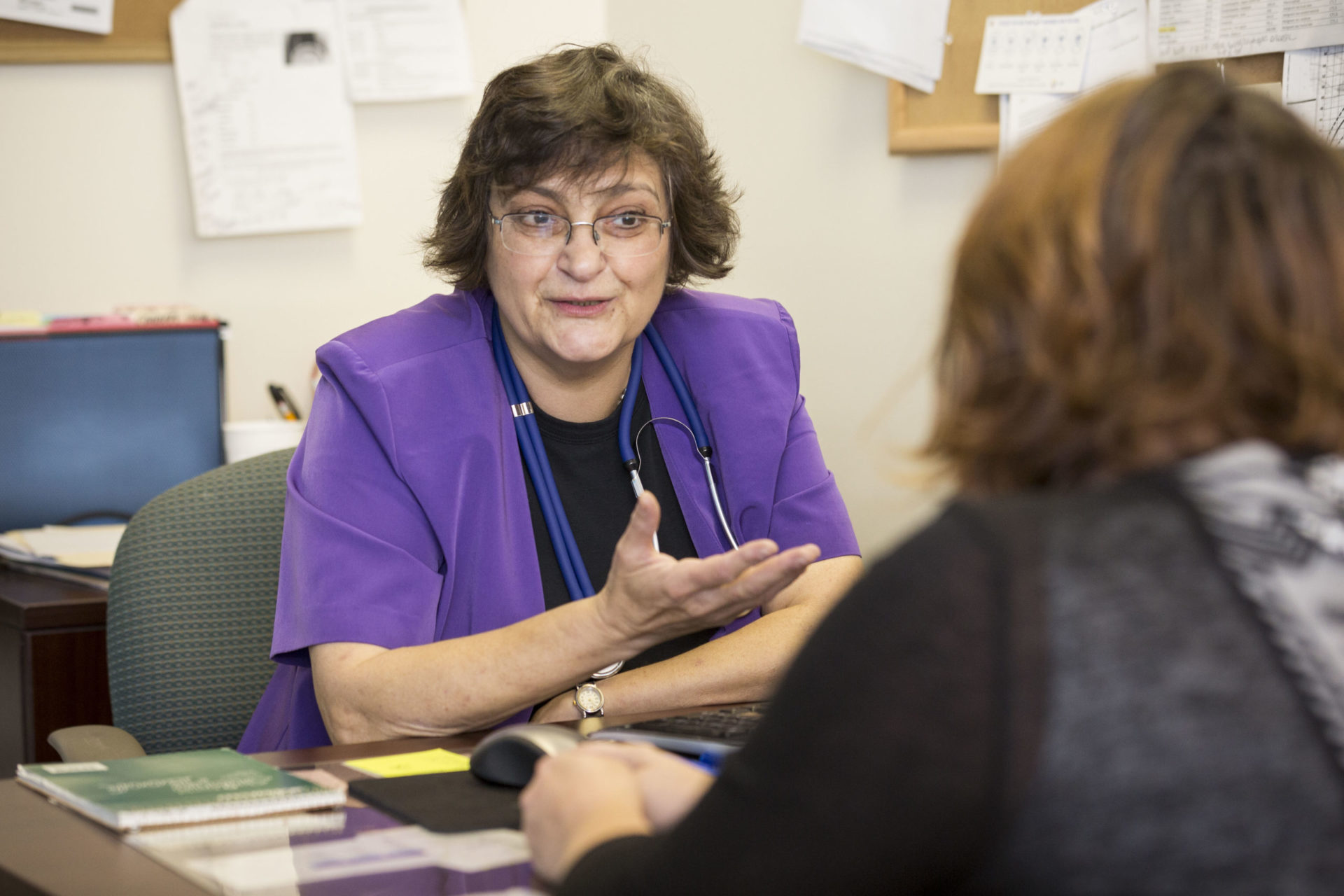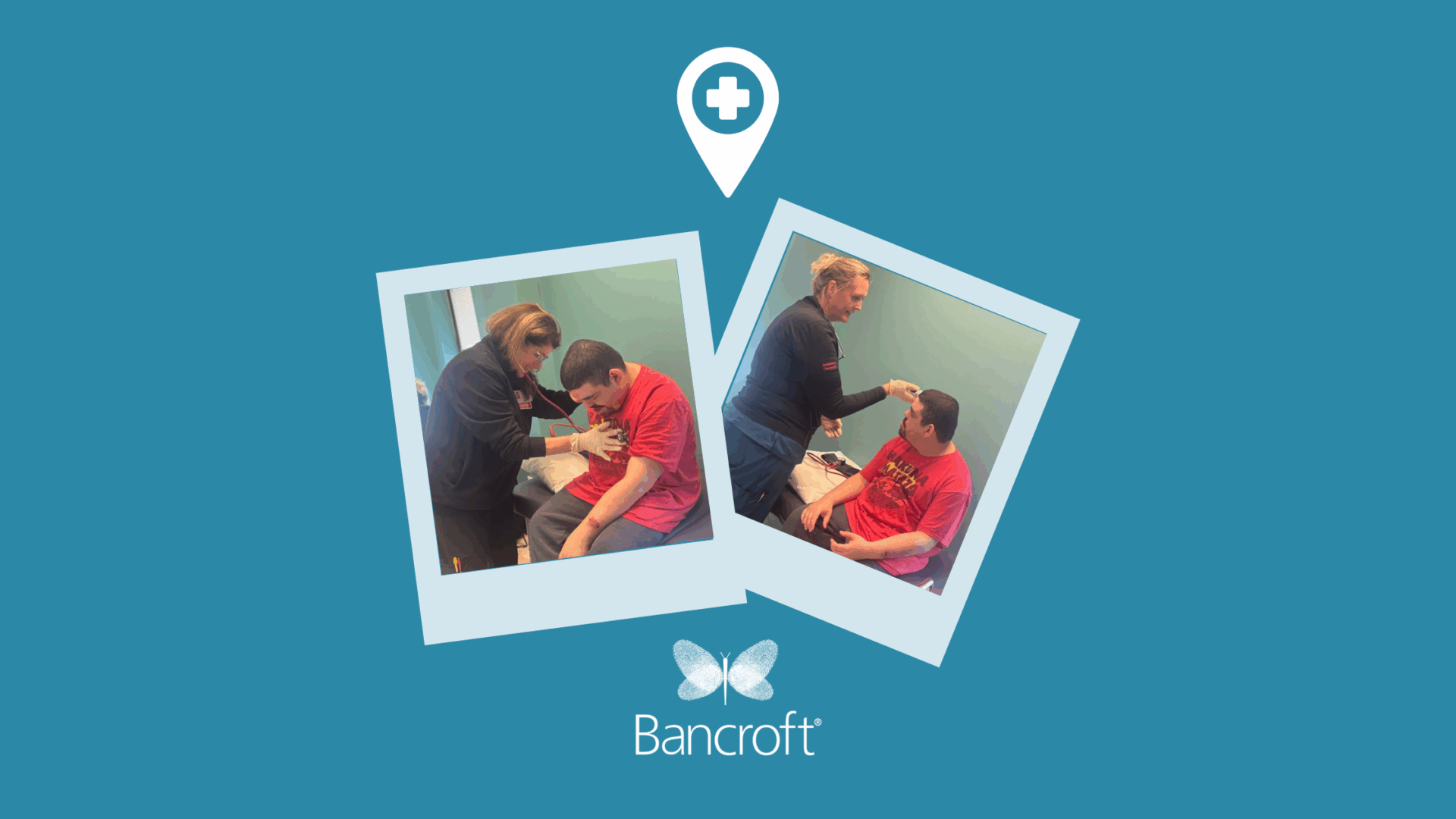Concussions can result from any impact to the head that jars the brain. They do not necessarily include the loss of consciousness. The developing brain is particularly susceptible to concussion, and children and adolescents who participate in sports are at even greater risk. A child who suffers from one concussion is more likely to experience another, and recovery takes longer in children than it does in adults.
Concussions disrupt the brain’s ability to process information. They impact reaction time, memory, and cognitive processing speed. Physical and mental rest are critical to recovering from a concussion, and while most concussions resolve within a few weeks, sometimes symptoms linger. In these cases, students are at risk of additional academic and social difficulties that can persist long beyond the abatement of their concussive symptoms.
It Takes a Village: Concussion Recovery is a Team Effort
The management of a student’s recovery should be a team effort, and students should receive consistent messaging from their doctors, parents, and teachers about the importance of rest during the healing process. In instances where students continue to struggle with social and emotional problems, educators should maintain communication with parents and guidance counselors in order to give the student the best opportunity for recovery. When students return to school after a concussion, it’s essential to find a balance between academic progress and cognitive healing.
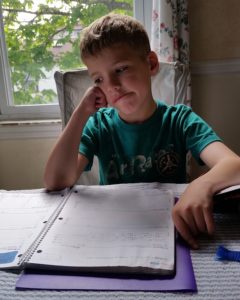 |
For teachers…the question is usually asked, what can I do to assist in a positive transition back to class?
Accommodations for students recovering from a concussion
Primarily, a student recovering from a concussion requires mental and physical rest. Educators should excuse absences or accommodate half-day attendance for the first several days following a student’s injury. Schoolwork requires focus, memory, and concentration — decreasing these demands will allow the brain to heal faster. As symptoms decrease in number and severity, students can gradually return to school.
When children return to the classroom after a concussion, physical and cognitive symptoms may persist. These can include headache, dizziness, fatigue, and sensitivity to noise and light, as well as difficulty concentrating or remembering. These symptoms can impact a student’s ability to focus on learning, and make it difficult to for them keep track of their schoolwork. Educators should understand that students recovering from a concussion may not be able to complete their schoolwork or participate in class until their symptoms have completely cleared. The following table details accommodations for concussed students that can aid in their recovery:
Accommodation |
Rationale |
| Excused absence from school | Several days of rest, progressing to half-days and limited attendance is likely needed. |
| Rest periods during school | When symptoms flare, brief periods of rest may allow to student return to the classroom. |
| Extended coursework deadlines | Cognitive speed and ability is impeded and will take time to repair. |
| Postponed exams | Mental effort and pressure required to prepare for an exam may trigger symptoms. |
| Excused from assignments or exams | Nervousness and emotional pressure can compound symptoms and delay healing. |
| Reduction of light and noise | High-simulation environments can cause symptoms to flare. |
| Provide preferential seating or small space testing | Reduces stimulation and distraction. |
| One-on-one tutoring | Assists student in organizing and prioritizing their thoughts and assignments. |
Students who present ongoing behavioral issues or persistent symptoms should work with a guidance counselor or school psychologist to ensure their process is being tracked. Students with prolonged symptoms, may need to develop an individualized education plan (IEP) or 504 plan.
Warning signs a child might not be ready for class yet
Some children are at more risk for post-concussion problems than others. Even with accommodations, some students will have difficulty acclimating back to the classroom.
Concussions are invisible injuries, and lengthy healing times can be frustrating and difficult to understand. The pressure to recover quickly can be very emotionally taxing on students. The following signs may indicate a student didn’t recover completely:
- Irritability
- Disproportionately emotional responses
- Inability to cope with emotions and other problems
It’s a team effort and teachers play an important role in the child’s recovery and should always work in conjunction with the child’s physician and parents for the right road towards recovery.

